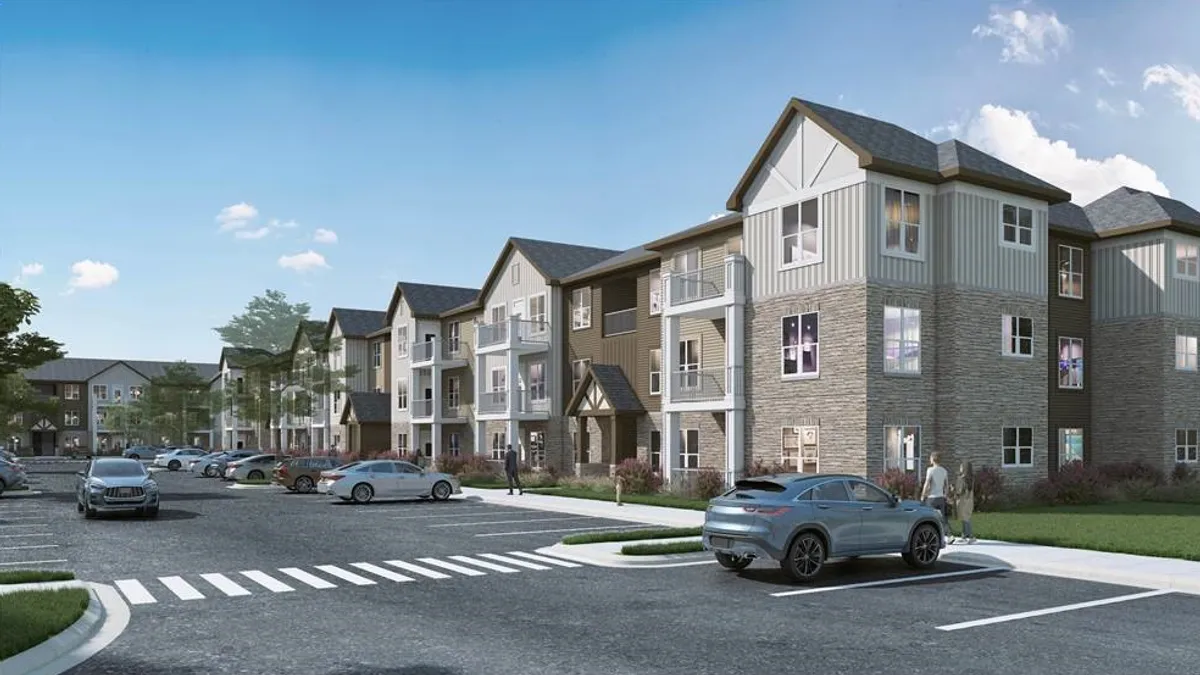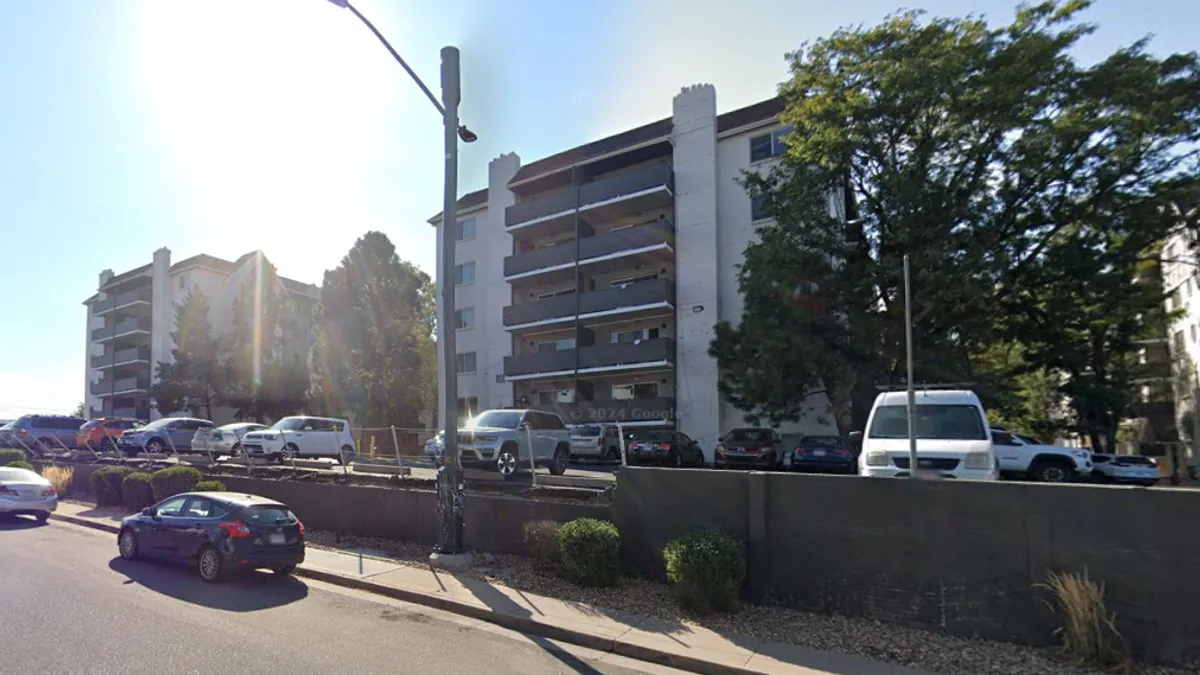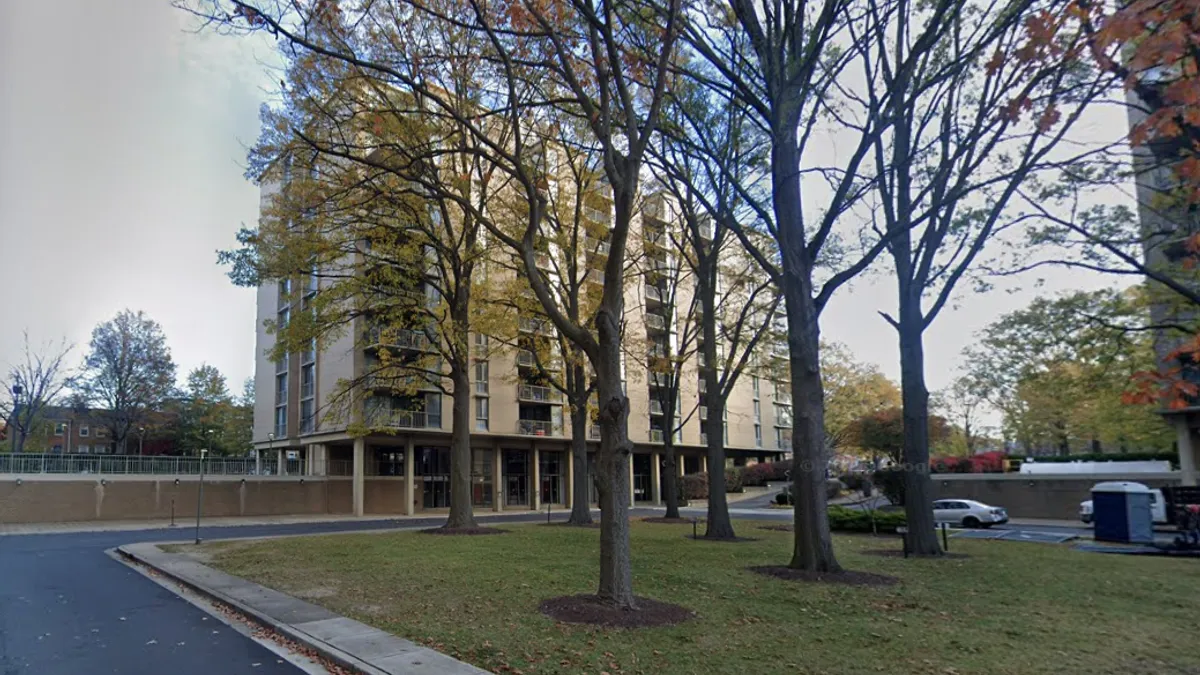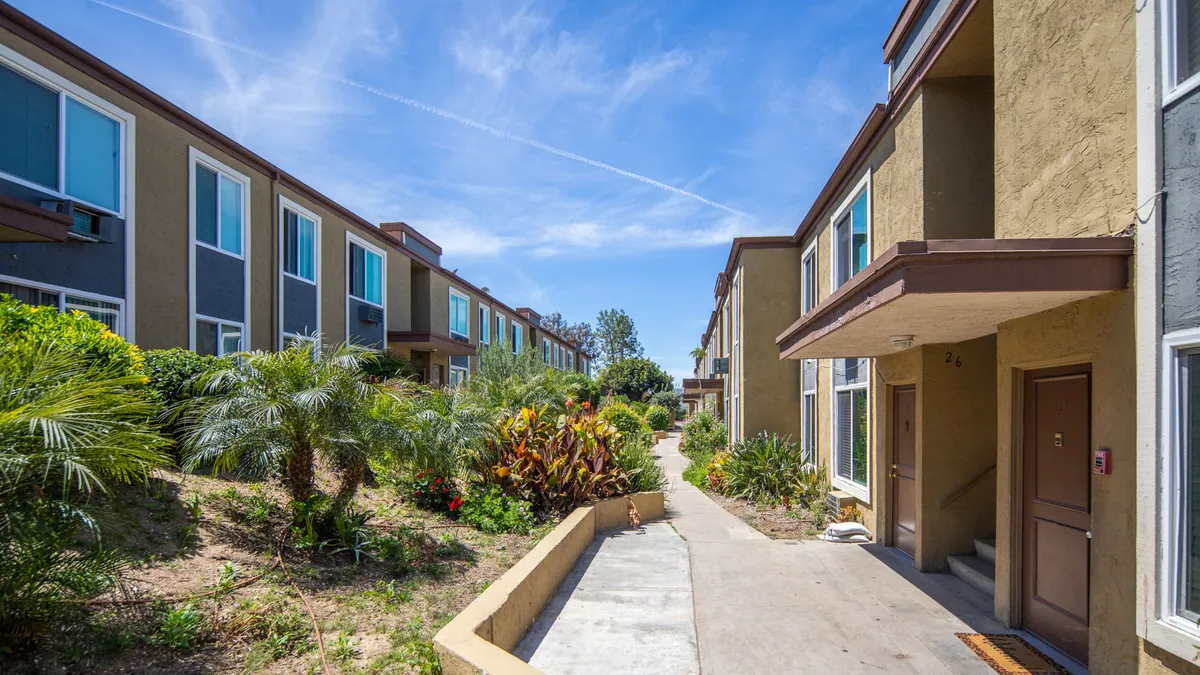When it comes to keeping tenants happy, apartment owners and managers must first understand what makes them unhappy.
Top pet peeves include a lack of communication, technology failures, maintenance holdups and a lack of transparency, according to a recent survey from Appfolio. Successful property management means understanding and responding to all these items, and then some.
This is especially true in the post-pandemic era, when renters can afford to be somewhat choosier, said J. Turner Batdorf, senior strategist at Houston-based J Turner Research. In a tight market, owners and operators are striving to respond to renters’ concerns in a manner that will keep them satisfied — and in place — for the long run.
“Companies appeared to be less focused on resident satisfaction during COVID because they were not suffering from lower occupancy rates,” Batdorf told Multifamily Dive. “The tide is turning, however, as the market shifts. Residents have more options making, it necessary for management companies to prioritize resident satisfaction.”
While property managers might think about rent increases and maintenance requests first and foremost when it comes to tenant satisfaction, communication is quickly rising as a key metric. This applies to every facet of property management.
In Turner’s recent “How to Ride the Wave,” report, only 2% of residents said that staff overcommunicates.

“Communications is the second most negatively mentioned category,” said Batdorf. “We caution management companies against centralizing staff given how much of the resident experience is related to customer service and communication.”
This is a huge area of opportunity, and modern-day solutions are readily available. Don Jensen, vice president of multifamily at Allbridge, a property technology solutions provider, said the company recommends its clients get proactive in this regard.
Because there are so many avenues to communicate today, there’s no excuse to overlook it. Additionally, today’s communications tools make it seamless to keep tenants in the loop on all issues, even in real time.
“Keeping communication open and educating renters on their rights and responsibilities can ensure that the relationship between renters and property management is one of professionalism and mutual respect,” said Stacy Brown, director of technical training at Waco, Texas-based management firm Real Property Management.
How to communicate
For most Gen X and younger tenants, having easy-to-use technology tools is an expectation when it comes to choosing an apartment. They want portals, apps and more for payment, maintenance requests and to receive notifications from landlords. That said, the platforms must be user friendly.
“Successful technology has always been measured by user benefits,” said Jensen. “Does it work as promised? Is it intuitive and easy to operate?”
It's essential to answer “yes” to all the above. Where technology is less of priority, however, is in providing a smart home. “It’s a nice to have, but not a necessity,” said Batdorf, whose recent student housing survey found that even the youngest renters would not pay extra for smart tech.
“We recommend you focus on doing the basic well first, like communications, customer service, and maintenance,” he said.
Remember, too, that the older generations are not as adept at tech tools, and you must offer them traditional methods, too, for completing all rental-related tasks.
Quick fixes
No one likes a broken-down washing machine, but even worse is a property management company that leaves its tenants wondering when it can fix that machine. The key, again, is staying in contact with renters on the status of repairs.
That’s how Brown’s company approaches it, she said: “As a general rule, our franchise offices respond to maintenance issues within an hour and begin the repair process within 24 hours, barring mitigating circumstances. When there are timelines or obstacles outside our office’s control, we communicate these circumstances to our residents in a timely manner.”
Beyond maintenance and technology, financial issues are the third most negatively mentioned category in J Turner surveys, largely with regard to transparency surrounding fees.
“Our recommendation is that companies are transparent with their tenants on why they’re being charged, especially with things like amenities or move-out charges,” said Batdorf.
Despite those results, rent increases remain a perpetually touchy subject, said Brown.
“They are a necessary part of doing business,” she added. “Renters are demanding more services for the rent. Resident benefit packages will and should become the norm for renters to ensure quality service from a property management company.”


















